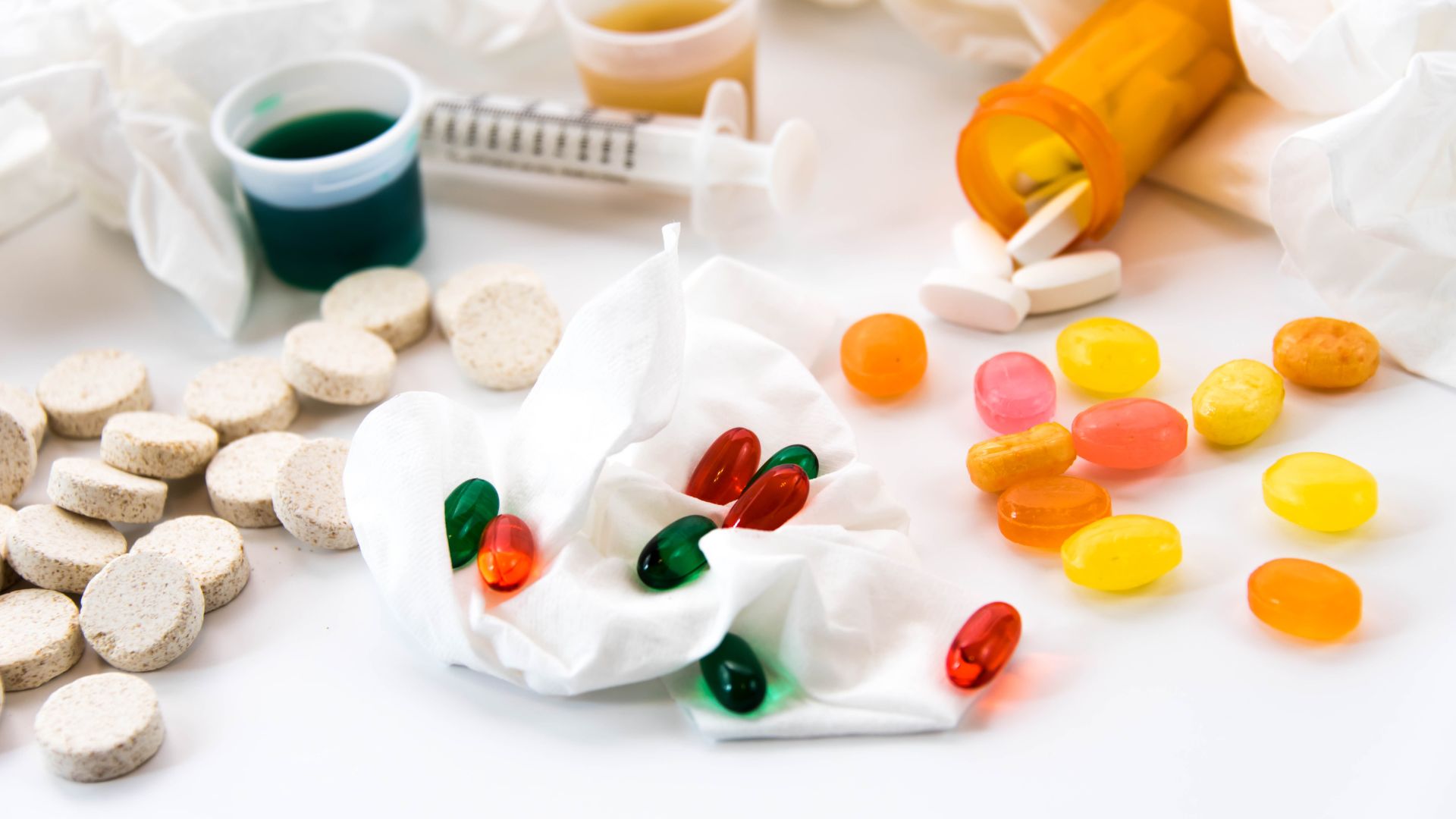The U.S. Food and Drug Administration (FDA) regulates certain products that are commonly considered cosmetics as drugs. FDA regulations for drug products are strict and more comprehensive than regulations for traditional cosmetics, which can often cause confusion for manufacturers.
The distinction between a drug and cosmetic product is based upon the product’s ingredients as well as its intended use. Marketing a cosmetic product that may be subject to FDA drug regulations can result in the product being considered an unapproved drug. Marketing unapproved drugs is violation of the Food, Drug, and Cosmetic (FD&C) Act and can result in criminal and civil penalties, warning letters, and other FDA enforcement action.
Drug vs Cosmetic Regulations
The difference in FDA regulations between cosmetics and drugs is significant. Cosmetic products may be marketed as long as they comply with the Modernization of Cosmetics Regulation Act (MoCRA).
Drug facilities must register with FDA and list the drugs handled at the facility. It is important to note that registering with FDA does not mean you have obtained FDA approval. Drug products must either conform to an over-the-counter (OTC) monograph or undergo the FDA approval process through a new drug application (NDA) to be marketed in the United States.
Active Drug Ingredients in Cosmetics
FDA regulates cosmetic products as drugs when they contain active drug ingredients. For example, anti-perspirant deodorants contain Aluminum Zirconium Tetrachlorohydrex, an ingredient intended to prevent sweating (a function of the body). Other examples include anti-dandruff shampoos and acne-fighting cosmetics (Salicylic Acid), sunscreen and SPF face creams (octyl salicylate), and anti-cavity toothpastes (fluoride).
If an unapproved product containing active drug ingredients is marketed in the United States, the facility may face FDA enforcement action including detentions, import refusals, and Warning Letters. In the past year alone, FDA has refused nearly 3,000 drugs for lack of necessary approval, many of which are bath soaps, detergents, botox products, cleansers, deodorants and other “cosmetic” products.
Drug Product Claims on Cosmetics
Another common reason cosmetic products are regulated as drugs is because they make claims that they “diagnose, mitigate, treat, or prevent disease, or affect the structure or function of the body.” For example, some anti-aging creams claim to slow the process of aging by increasing the user’s production of collagen (a function of the body). Other examples include products that claim to repair skin or diminish irritation.
FDA has published a list of warning letters addressing products marketed as cosmetics that make drug claims. In this warning letter issued to Health Habits, LLC, FDA states the following product description is evidence that the facility’s product is intended for use as a drug: “DermaTox® is an all-purpose skin wellness formula. Our customers tell us that they use DermaTox® daily to nourish their skin, speed healing, soothe the pain of a burn or bed sores, diminish irritation associated with eczema, psoriasis, rashes, cuts, bites, scrapes, spray on liver spots, moles, etc…”
Warning Letters are available to the public and thus can hurt your brand and reputation. Typically, FDA gives facilities 15 working days to respond to a warning letter explaining how and when they will correct the noted issues. Failure to respond to a Warning Letter within the allotted time can result in seizure of products.
Stay Compliant
Registrar Corp can help determine if your cosmetic products are regulated as drugs and help you to bring your products into compliance. Our Regulatory Specialists can assist you with FDA registration, labeling and ingredient reviews, and more. For more information, contact us at +1-757-224-0177 or chat with a Regulatory Advisor 24-hours a day at www.registrarcorp.com/livechat.








